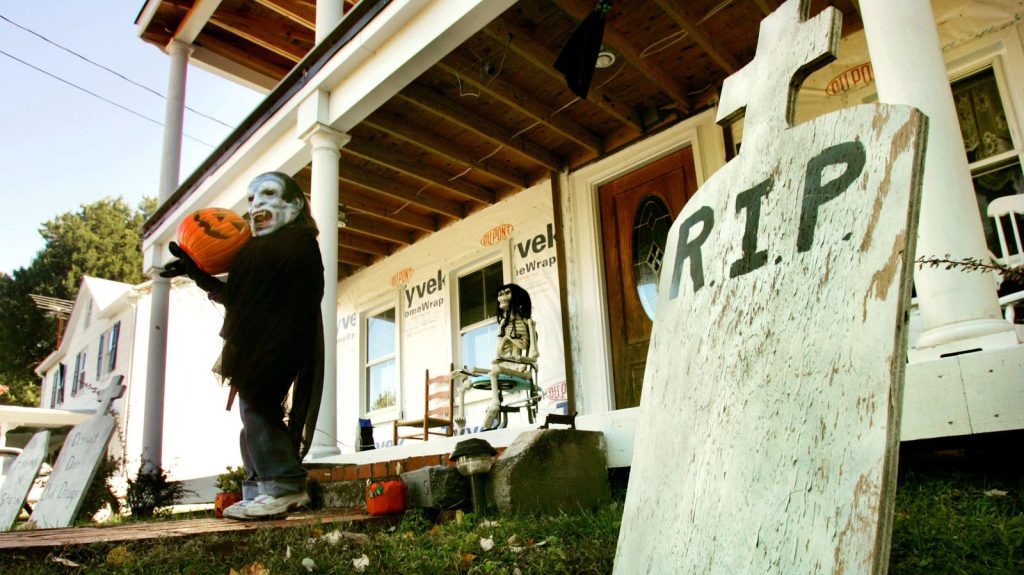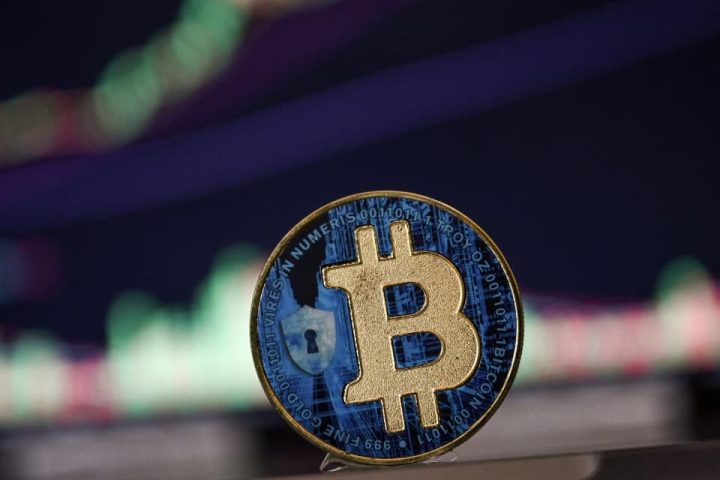By Pete Schroeder
WASHINGTON (Reuters) – A trio of U.S. banking regulators announced on Friday they were giving the public extra time to digest and provide feedback on a broad proposal to raise bank capital requirements that is already facing fierce industry pushback.
The Federal Reserve, Federal Deposit Insurance Corporation, and Office of the Comptroller of the Currency said the comment window for the so-called “Basel endgame” proposal would be extended from Nov. 30 to Jan. 16, 2024.
The regulators are similarly extending the window for a separate proposal that would raise a capital surcharge for the largest global banks.
Regulators said extending the comment window for the rules would allow more time for interested parties to analyze and weigh in on the issues, and comes as banks are mounting an aggressive effort to soften or derail the proposal. Banks have argued the proposal is onerous and unnecessary. Firms have warned the proposal if finalized could force them to curtail lending, curb product offerings, and lead to economic harm.
The “Basel Endgame” proposal implements international capital standards agreed by the Basel Committee on Banking Supervision in the aftermath of the 2007-2009 financial crisis. It overhauls how banks gauge their level of risk, and in turn how much reserves they must keep as a cushion against losses.
The Fed separately announced on Friday that it was soliciting additional data from banks affected by the proposed capital hikes, which would “further clarify” the impact of any new requirements. Banks would be able to voluntarily submit data about their portfolios and how they would be affected by the pending rules.
Banks had previously complained that the Fed had conducted insufficient analysis before proposing the rules, which would violate the Administrative Procedure Act that lays out legal requirements for issuing new federal rules.
Read the full article here







